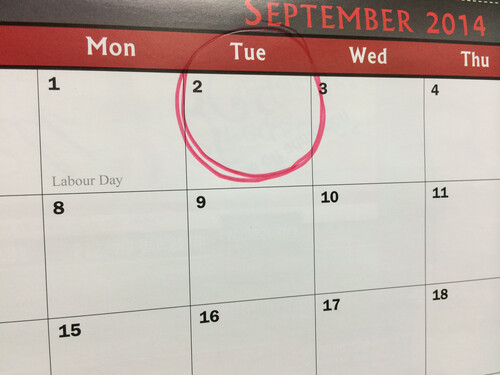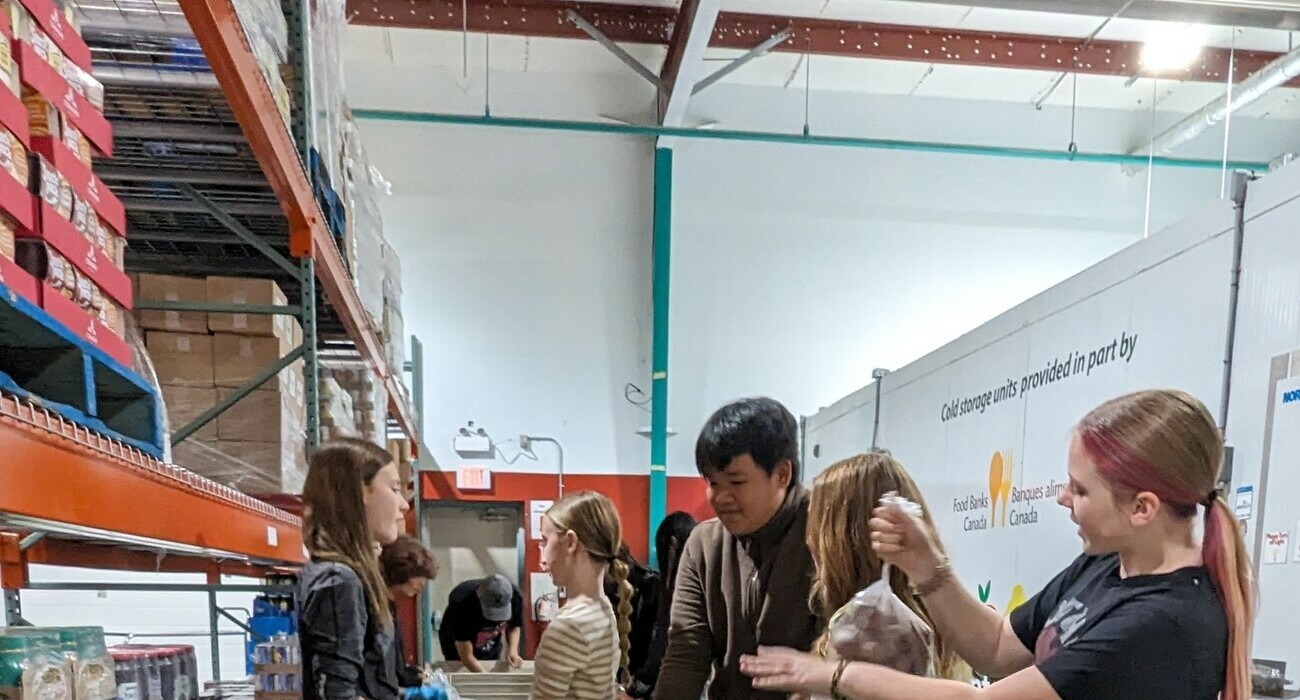
Check out Alberta Education's Back-to-School Toolkit.
Lots of sleep, healthy snacks and a positive attitude will start year off right
Members of the leadership team in Palliser Regional Schools’ Central Office have decades of experience as teachers and parents from which to draw back-to-school advice for getting the new school year off to a positive start.
Superintendent Kevin Gietz, a former K-12 and high school principal, says when an estimated 6,800 students return to Palliser schools in Lethbridge and Vulcan counties and the City of Calgary on Sept. 2, it’s important that they hit the ground running.
“The school year goes by incredibly quickly,” he says. “The time our students have with teachers is and every day is an opportunity for students to learn and grow and pursue their individual passions.
“For students, take advantage of every opportunity your school offers, whether sports, or clubs, or the arts, anything that interests you. You’ll never have a safer environment to take risks, to try things, to fail, to succeed and to learn who you are or who you want to be.”
Several of Palliser’s administrators start their advice list with a call for early bedtimes and ample sleep. Start creating a bedtime schedule now to ensure students of all ages get the eight hours of sleep they need to be well rested and ready to learn.
“The research I’ve read suggests even older students need those eight hours,” says Terri-Lynn Duncan, co-ordinating principal of early learning. “We all need that.”
Establishing routines for bedtime, where to put backpacks and do homework can also help students establish habits for success, she says.
Associate Superintendent (Education Services) Dale Backlin, who spent years as a principal of a K-9 school in Calgary, said parents can talk to their kids about how school is a child’s “job,” just like Mom and Dad’s job. It takes hard work and preparation but carries a series of rewards. Starting a new school year or joining a new school is like starting a new job, and parents can share their own experiences on how to make the transition successful.
Sometimes in the excitement of being surrounded by friends, students might forget to eat lunch so a reminder about the importance of refueling with food would also be wise, Backlin says.
Tom Hamer, who joins Central Office as a Director of Learning later this month and who brings years of experience as a high school principal in Quebec, says students can start the year off right by being kind to each other and by talking to their parents about their experiences at school, whether good or bad.
“No student should suffer or celebrate in silence,” he says.
At the high school level, it can seem more challenging for parents to be as involved in the school as they were when the children were young, but it doesn’t have to be that way.
“Stay interested, not controlling,” Hamer says. “Let them make mistakes and experience real-life consequences and help them get over these failures, as we all have them.”
At the high school level, parent involvement might mean being the parent who takes teens to events and games, but it could be as simple as engaging in regular conversations about school life, he says.
Associate Superintendent (Human Resources) Ken Garinger, another long-time high school principal, says students should remember “Education isn’t something that’s done to us.”
“It’s something we do for ourselves. Parents and teachers will support you along the journey, but it is truly up to the individual what he/she will glean from each learning opportunity.”
One great learned skill is how to work as part of a team, Garinger says.
“Support your fellow learners and when possible, show that support by working co-operatively with other students.”
That collaboration is just as important for very young learners as for teens, says Duncan. Preschool-age children in early learning programs learn from their peers, which is why it’s so beneficial for students with speech, language or other delays to participate in programs with other children.
Palliser schools continue to focus on the development of literacy skills at all levels, and parents can support the development of these vital reading, writing and comprehension skills by reading at home.
“Read to your child every day,” Duncan says. “They’re never too old for stories, or have them read to you.”
Finally, enjoy some downtime at the end of the day, and encourage children to talk about school. One supper ritual Duncan suggests is having everyone at the table share something positive that occurred during the day.

